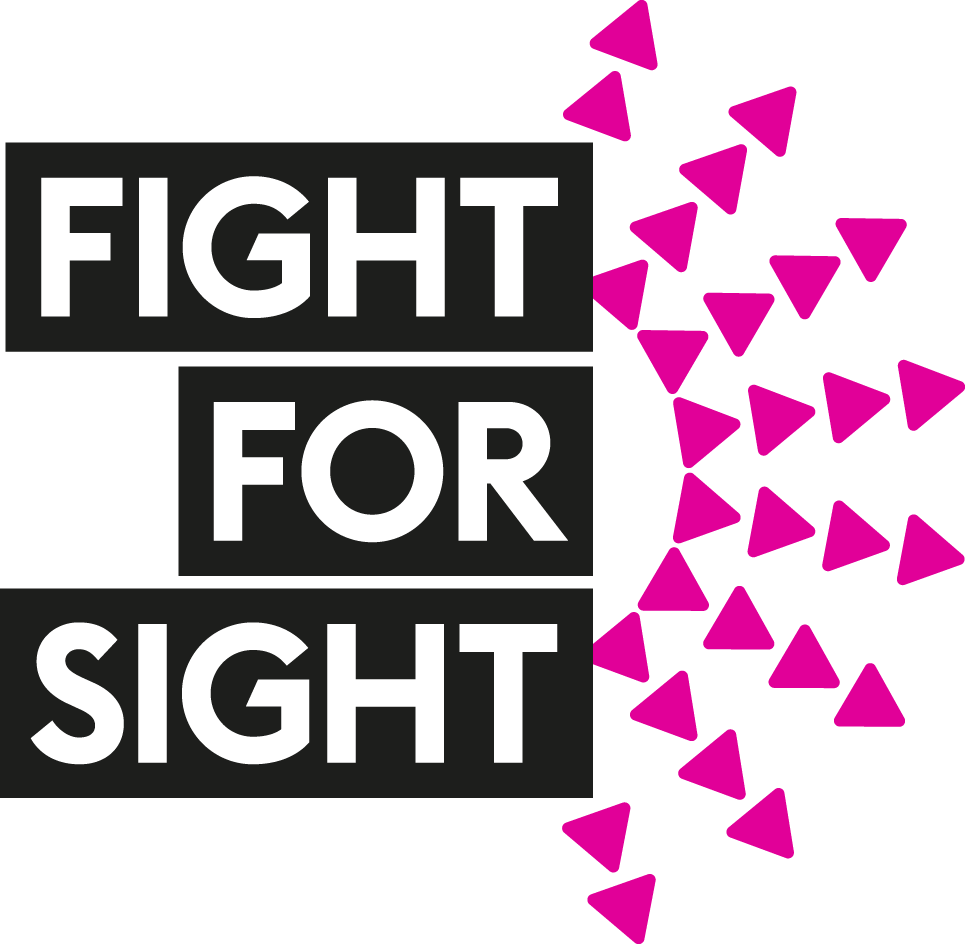What stops British adults donating eyes?
Fight for Sight calls on the nation to consider the gift of sight
Despite a shortage of corneas for transplant purposes, new research reveals that eyes are the one body part we are least likely to donate.
While more than a quarter of British adults (26 per cent) interviewed by Optegra Eye Health Care have registered for organ donation, almost two thirds (64 per cent) state they would not donate their eyes for transplant. They are far more likely to agree to donate their heart, kidney and lungs.
Which body parts would you donate for transplant or medical research?
51% would donate their kidney
49% would donate their liver
48% would donate their heart
47% would donate their lungs
36% would donate their eyes (cornea)
Base: Optegra.com research with 2,016 UK adults, aged 16 plus
Specialist eye hospital group, Optegra Eye Health Care, has joined forces with the UK’s main eye research charity, Fight for Sight, to discover why people would not donate their corneal tissue - despite 86 per cent of people in the UK valuing their sight above any other sense.
The new study highlights that three in 10 adults say their eyes are unique to them; 29 per cent say eyes are the most personal part of their body and more than a quarter (27 per cent) say it would upset their family. Finally, one in six say it is for a spiritual reason.
Yet around 10 million people worldwide are blind due to damaged corneas – usually from scarring caused by injury or infection, and currently the NHS performs around 4,000 corneal transplants a year, all of which rely on human organ donation.
Fight for Sight played a key role in helping to set up the UK Corneal Transplant Service in 1983. Since then, according to NHS Blood and Transplant:
- Corneal transplants are successful sight-saving operations, with 93 per cent of transplants functioning after one year.
- By five years, 74 per cent of transplants are still functioning and many will continue for many more years after that.
Rory Passmore, Managing Director for Optegra Eye Health Care, said: “This research has explored patterns of behaviour around organ donation, and offered some fascinating insights into how adults regard their eyes. There is such importance, and sensitivity connected to eyes, and sadly this is at the cost of not being able to help others to see.
“With more and more people suffering eye conditions, particularly with an ageing population, it is more important than ever that we help if we can. We would really encourage people to discuss this with their families and complete a donor registration if they feel they can.”
Optegra’s corporate charity, Fight for Sight, funds research into early detection and prevention of many sight-threatening conditions. It is developing new treatments and ultimately trying to find a cure for many different eye conditions, such as keratoconus[iv] and Fuchs dystrophy[v], which can often lead to patients needing a corneal transplant.
Fight for Sight Director of Research, Dr Dolores Conroy, says: “There is a need for 70 corneas per week with the main indications being keratoconus in younger people and endothelial failure - Fuchs dystrophy - in older people.
“Fight for Sight is funding research into these conditions and we have a better understanding of the genetic cause of corneal dystrophies. With the lack of corneas available for transplants, it’s vital to have new treatments. We are developing stem cells therapies to repair the damage to the cornea, gene-replacement therapies and drugs that may be delivered as eye drops to repair faulty genes.”
Kenilworth resident Elizabeth Keell, age 36, appreciates the need for people to join the organ donor register and donate their corneas, as she has been diagnosed with keratoconus and may one day need a transplant.
She says: “I was first diagnosed in 1995 and it came as a great shock as I did not know much about the condition. The vision in my left eye is particularly poor and I have been offered a corneal transplant but am worried about the procedure itself as well as the time off work, and not being able to drive as I have young children still at infant school. But I understand that if the deterioration continues I will have to take up the corneal transplant.
“I am grateful that corneal transplant is an option, and so truly value the donations which are given. But I am also eager to support Fight for Sight’s research to find less invasive treatment options – I worry that one of my daughters may inherit keratoconus and so it is a deeply personal issue for me.”
Watch Elizabeth's story here


